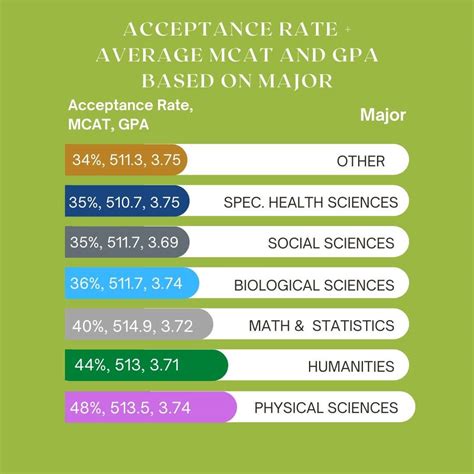If you are considering a career in medicine, you will likely need to complete a pre-medical (pre-med) degree. This degree will provide you with the foundational knowledge and skills you need to succeed in medical school. But what can you do with a pre-med degree if you decide not to pursue a career in medicine?

The good news is that a pre-med degree can open doors to a wide range of careers. In fact, according to the Association of American Medical Colleges (AAMC), only about 40% of pre-med students go on to medical school. The remaining 60% pursue careers in other fields, such as:
Research
A pre-med degree can provide you with the skills you need to conduct research in a variety of fields, including:
- Biology
- Chemistry
- Physics
- Mathematics
- Computer science
You can work as a research scientist in a university, government laboratory, or private company.
Healthcare
Even if you do not want to become a doctor, you can still work in the healthcare field with a pre-med degree. Some possible careers include:
- Physician assistant
- Nurse practitioner
- Medical technologist
- Health educator
- Pharmacist
Business
A pre-med degree can also prepare you for a career in business. The skills you learn in pre-med, such as critical thinking, problem-solving, and communication, are essential for success in business. Some possible careers include:
- Management
- Consulting
- Finance
- Marketing
- Sales
Other
In addition to the careers listed above, a pre-med degree can also prepare you for a variety of other careers, such as:
- Law
- Teaching
- Writing
- Public policy
- Nonprofit work
How to Choose a Career
If you are not sure what you want to do with your pre-med degree, there are a few things you can do to explore your options. First, talk to your academic advisor. They can provide you with information about different careers and help you develop a plan to achieve your goals. Second, do some research on your own. There are a number of resources available online that can help you learn more about different careers. Finally, network with people in different fields. This can help you get a better understanding of what different careers are like and what kind of skills are required.
Common Mistakes to Avoid
When choosing a career, it is important to avoid making some common mistakes. These mistakes include:
- Not doing your research. Before you choose a career, make sure you know what it entails. Talk to people in the field, read articles, and visit websites.
- Choosing a career based on what you think you should do. Don’t let other people tell you what you should do with your life. Choose a career that you are passionate about and that you will enjoy.
- Not being realistic about your skills and interests. Be honest with yourself about what you are good at and what you enjoy doing. Don’t choose a career that you are not qualified for or that you will not enjoy.
Why a Pre-Med Degree Matters
A pre-med degree can provide you with a number of benefits, including:
- A strong foundation in science. The coursework you take in pre-med will give you a strong foundation in the sciences, which is essential for success in a wide range of careers.
- Critical thinking and problem-solving skills. The challenges you face in pre-med will help you develop critical thinking and problem-solving skills, which are essential for success in any career.
- Communication skills. The coursework and activities you participate in during pre-med will help you develop strong communication skills, which are essential for success in any career.
- A network of contacts. The people you meet in pre-med will be a valuable network of contacts throughout your career.
FAQs
- What is the difference between a pre-med degree and a medical degree?
A pre-med degree is an undergraduate degree that prepares you for medical school. A medical degree is a graduate degree that allows you to practice medicine.
- What are the requirements for pre-med?
The requirements for pre-med vary from school to school, but most schools require you to take a certain number of courses in the sciences, math, and humanities. You will also need to take the Medical College Admission Test (MCAT).
- What is the average salary for someone with a pre-med degree?
The average salary for someone with a pre-med degree varies depending on their career. However, according to the AAMC, the median salary for all pre-med graduates is $45,000.
- What are the job prospects for someone with a pre-med degree?
Job prospects for someone with a pre-med degree are excellent. According to the AAMC, the demand for healthcare professionals is expected to grow faster than average over the next decade.
- What are some careers that I can pursue with a pre-med degree?
You can pursue a wide range of careers with a pre-med degree, including:
| Career | Median Salary |
|---|---|
| Physician assistant | $112,260 |
| Nurse practitioner | $111,680 |
| Medical technologist | $57,630 |
| Health educator | $53,330 |
| Pharmacist | $128,710 |
| Management | $104,690 |
| Consulting | $86,260 |
| Finance | $91,880 |
| Marketing | $142,130 |
| Sales | $65,100 |
-
Additional Resources
- The American Association of Pre-Medical Students
- The Pre-Health Professions Advising Committee
